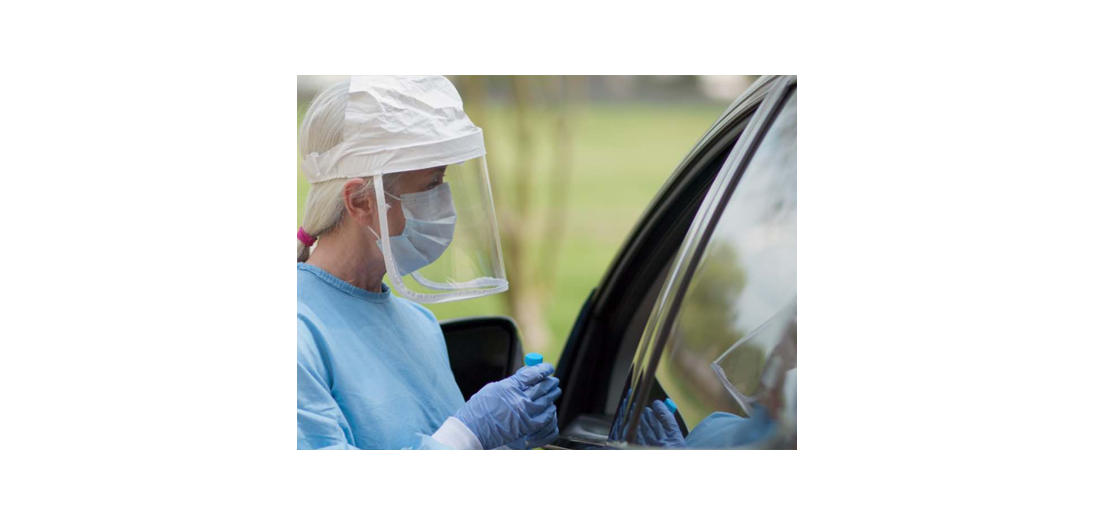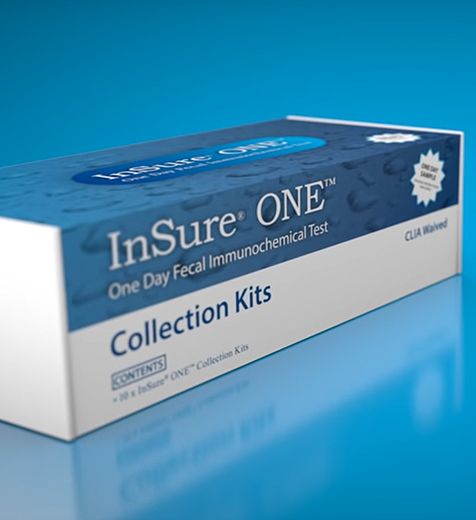To increase testing capacity and make the ordering process more convenient for healthcare providers, Quest has implemented a one code ordering system for all types of molecular tests used to diagnose COVID-19 active infection.
Healthcare providers can now order COVID-19 molecular testing using a single code—39448. Ordering COVID-19 molecular testing with a single code allows Quest to more efficiently distribute testing to whichever platform offers the best capacity, either at the ordering site or across our network of laboratories. This helps improve turnaround time and result delivery for your members.











